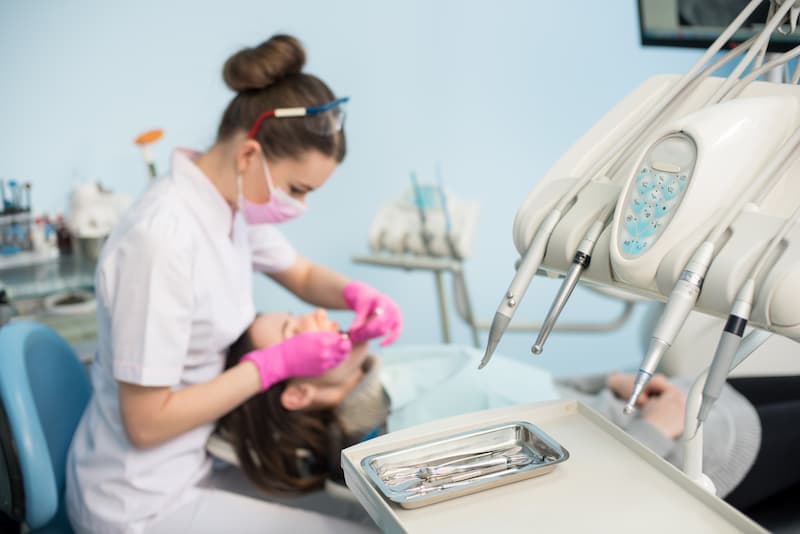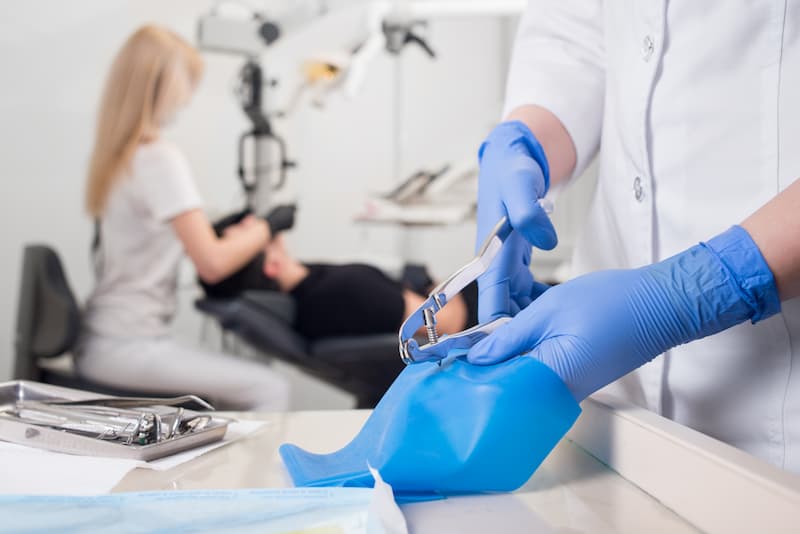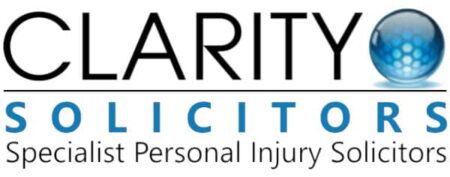Dental Negligence

Pain and Cosmetic Dental Negligence
Dental negligence refers to situations where a dental professional fails to provide a standard level of care, resulting in harm or injury to the patient. This can encompass various scenarios, including errors in diagnosis, treatment, or communication. Here are some examples of dental negligence that can lead to oral injuries or infections:
- Misdiagnosis or delayed diagnosis: Failure to properly diagnose oral health conditions such as cavities, gum disease, or oral infections can lead to delayed treatment and worsening of the condition. For example, misdiagnosing a cavity as a minor issue may result in the progression of decay, leading to the need for more extensive treatment such as root canal therapy or tooth extraction.
- Improper treatment planning: Inadequate treatment planning or failure to consider a patient’s individual oral health needs can result in inappropriate or ineffective treatments. For instance, recommending a dental procedure that is unnecessary or not suitable for the patient’s condition can lead to complications and unnecessary risks.
- Surgical errors: During dental procedures such as extractions, root canals, or dental implant placement, surgical errors can occur due to factors such as improper technique, lack of skill or experience, or inadequate preoperative assessment. Surgical errors may result in damage to surrounding tissues, nerves, or adjacent teeth, leading to pain, infection, or other complications.
Start Your Claim Today
If you are looking to make a claim, contact our expert team today for a strictly confidential, free consultation, to discuss whether you might have a case and how we can help.
Fair Compensation for Negligence
- Medication errors: Administering incorrect dosages of anaesthesia or prescription medications can lead to adverse reactions, complications, or allergic responses in patients. Dental professionals must carefully review patients’ medical histories and consider potential drug interactions or contraindications before prescribing medications or anaesthesia.
- Inadequate infection control: Failure to follow proper infection control protocols can result in the transmission of infectious agents between patients or from dental staff to patients. This can lead to oral infections such as peri-implantitis, periodontal infections, or even systemic infections if pathogens enter the bloodstream.
- Equipment malfunction or failure: Malfunctioning dental equipment or defective dental materials can compromise patient safety and lead to injuries or complications during treatment. Dental professionals are responsible for ensuring that equipment is properly maintained, calibrated, and safe for use.
- Lack of informed consent: Failure to obtain informed consent from patients before performing dental procedures can constitute negligence. Patients have the right to be fully informed about the risks, benefits, and alternatives of proposed treatments so they can make informed decisions about their oral health care.
Patients who believe they have been harmed due to dental negligence should seek legal advice to understand their rights and options for recourse. Dental professionals have a duty of care to their patients and are expected to provide treatment that meets established standards of care and professionalism.

Call us Today:
0161 480 4488
Or Request a Callback >


